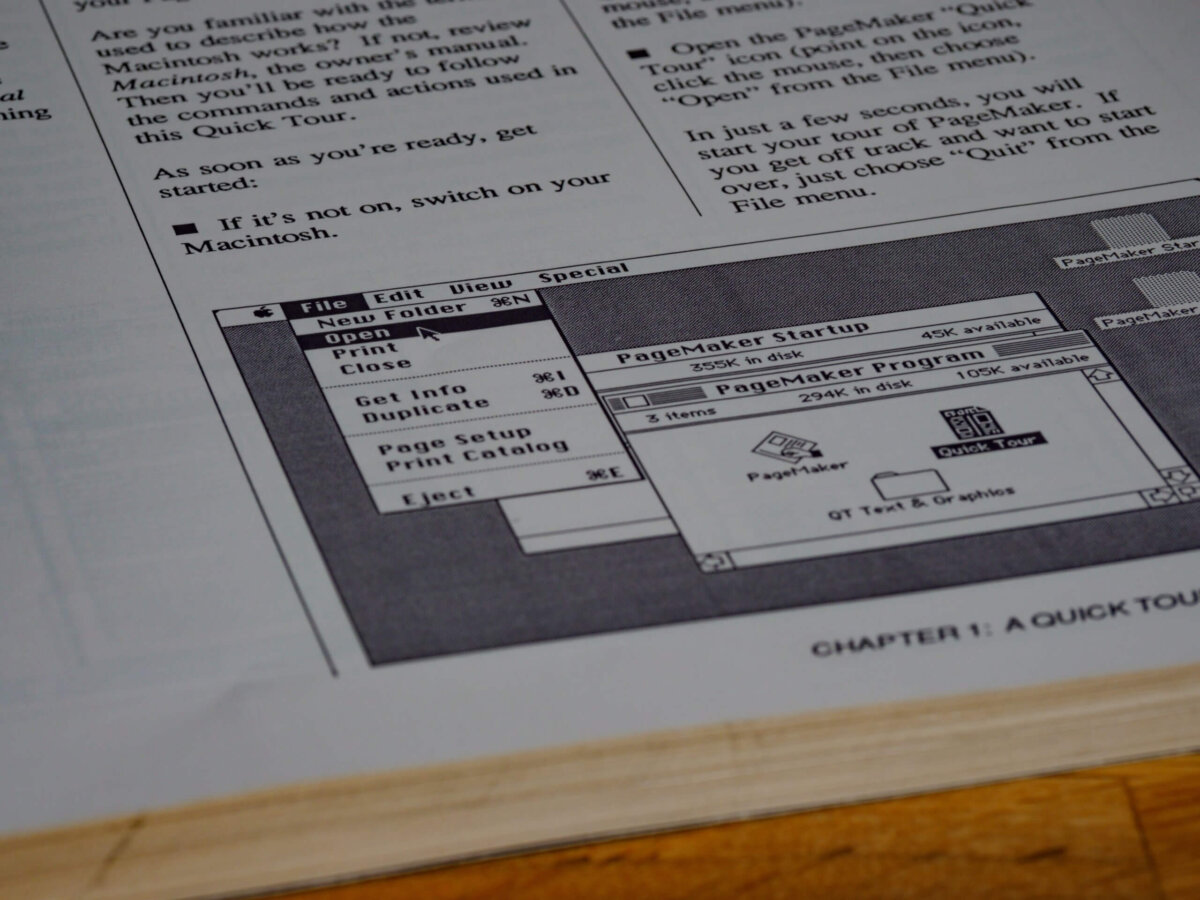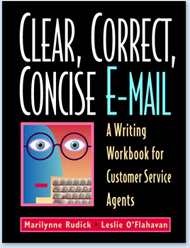Reading the newspaper each day, I catch frequent errors in grammar and usage. It’s easy for me to find errors in newspapers—and, in general, in the writing of others. What’s hard is finding errors in my own writing. By the time I get to the proofreading stage, I’ve looked at the document so many times that I see what I think is on the page, not what’s actually there.
My failsafe remedies for finding errors—asking someone else to proofread or putting the document aside for a while before a final proofing—aren’t always practical, especially with tight deadlines.
Feeling like I’ve exhausted my arsenal of proofreading techniques, I’ve looked to experts (including the Online Writing Lab at University of Arkansas, the Writing Center at the University of North Carolina, Grammar Girl) for advice beyond the tried-and-true (read aloud, use spell-check). Here are some new-to-me techniques for catching errors.
-
Proofread for only one kind of error at a time. For example, proof one time for punctuation (or even commas) and look for spelling errors in another read-through.
-
Check for spelling errors by reading the document backwards. Start with the last word on the last page and work your way back to the beginning. Because content, punctuation, and grammar won’t make any sense, your focus will be entirely on the spelling of each word.
-
Print in an unfamiliar font so that the document looks different. Try a smaller font to force you to read more slowly and concentrate.
-
Make a list of your proofreading gremlins. Are there words you frequently misspell? Do you capitalize headings inconsistently? Do you forget end quotes or the closing parenthesis? Proofread one time for your common errors.
Do occasional typos and other mechanical errors really matter? In a recent Washington Post column on the increase in grammar and usage errors in the newspaper, ombudsman Andrew Alexander quotes a reader on how these errors erode credibility: “If they don’t care about basics like grammar and spelling, how much do they care about factual accuracy?”
Add your proofreading tips to this list. Leave a comment or send me an e-mail.
— Marilynne Rudick (guest blogger)
Tags: Credibility, Editing, Spelling, Usage






Another good proofing method is to read the content aloud. When you read aloud, you are forced to say every word. This is a great way to catch missing words.
It seems like I’m always having to speed-proofread to meet deadlines. I try to focus on certain common, obvious errors; e.g., Corp for Corps, missing the “l” in public (oh, yes). I can live with a few dodgy commas. I’m going to try your tip of changing the font – that sounds like something that might help, especially when time is tight.
This may sound like the most obvious proofing tip imaginable but try covering the rest of the text with a sheet of blank paper. I find that if I can only see one line of text at any one time then the errors become easier to spot.
You could always try http://www.littlegreybird.co.uk for proofreading services 🙂
“Give a copy of the document to another person and keep a copy yourself. Take turns reading it out loud to each other. While one of you reads, the other one follows along to catch any errors and awkward-sounding phrases. This method also works well when proofing numbers and codes.”
http://www.miiifs.info
Online proofreading services is 1 the best service I’ve ever observed. I loved the support system to date. Its truly nice, plus they have sufficient genius individuals to make your data nice as well as organized.